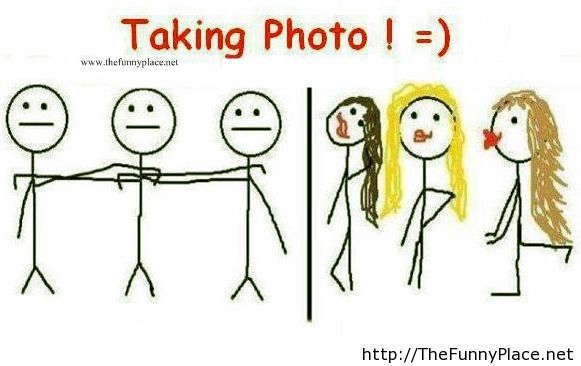There are many lines and passages in this book that made me analyze and consider what it is that actually divides the sexes. Sure, we are built different physically which allows us to function differently, but why is there such a cultural and social barrier between us? Are our ‘gender roles’ innate, or do we learn to put ourselves and others into categories? These thoughts led me back to a concept that I learned in both Biology and Psychology; it is the nature vs. nurture debate. Are we a product of our genetics, or our environment and personal experience?

At one point in their journey, Estraven asks Genly what a woman is and if they differ greatly from himself, a man. The hesitation before Genly’s response is understandable. When Estraven asks this question, I found myself trying to come up with answers along with Genly, and it was indeed challenging. It is not something we think about often, yet we still behave within our designed roles. In his answer, Genly includes a list of observations:
“the heaviest single factor in one’s life, is whether one’s born a male or female. In most societies it determines one’s expectations, activities, outlook,, ethics, manners-almost everything. Vocabulary. Semiotic usages, Clothing. Even food. Women…women tend to eat less…”
As I read this, I divided this list into the nature and nurture categories. All but one are nature characteristics. The only biological (nature) factor listed is generally speaking, women have less of a capacity for food than men. Based on Genly’s interpretation, gender is definitely a result of nurture. For the most part, as children, we are told what is expected of us. We are given a Barbie doll or a racecar, told that it’s a man’s world, taught to be more (women) or less (men) sensitive, allowed (men) or not allowed (women) to burp at the table, allowed (women) or not allowed (men) to roll our eyes, told to wear a dress or pants, and told whether to get a steak or a salad. With all of these rules and barriers, it is almost impossible to form your own identity. Maybe if we were allowed to make individual decisions before we were drilled with expectations and stereotypes, we would be a more ambiguous population.

After that quote, Estraven asks if women are mentally inferior, Genly replies that he is unsure and remarks that they usually don’t turn up as notable people in terms of skills or achievements, but he doesn’t think hey are stupid. This response led me to ponder whether or not our gender roles inhibit us from performing at our full capacity. If it is already ingrained in your mind that you are inferior in terms or math and science and philosophy, and all you see in the history of these fields is men, then you are discouraged to even try because you fell like you have already lost. What it does not speak to is aptitude or ability. Jut because someone might be frightened to try something, doesn’t mean they do not have the capacity to perform.
All in all, Ursula K. Le Guin did a good job of making readers analyze gender roles and open our eyes to the discrepancies that come up when we rely so heavily on them to dictate our lies.